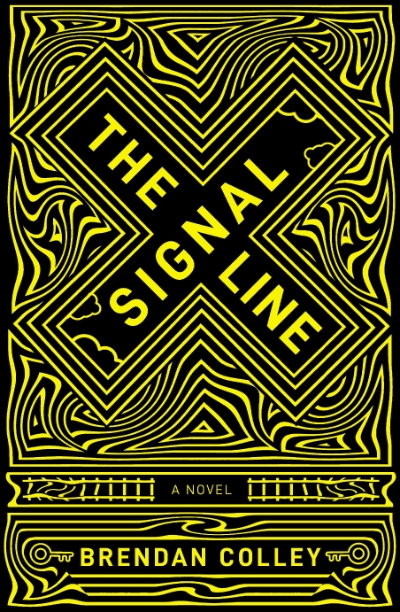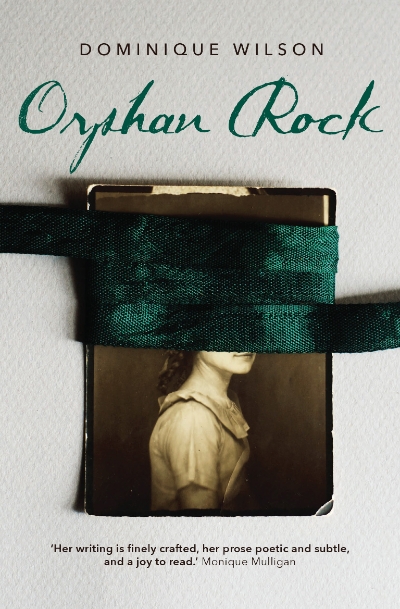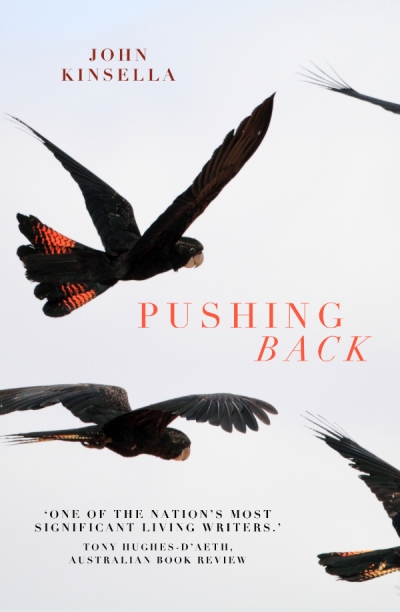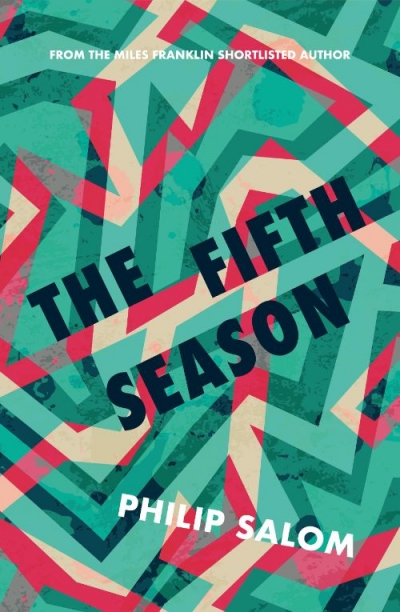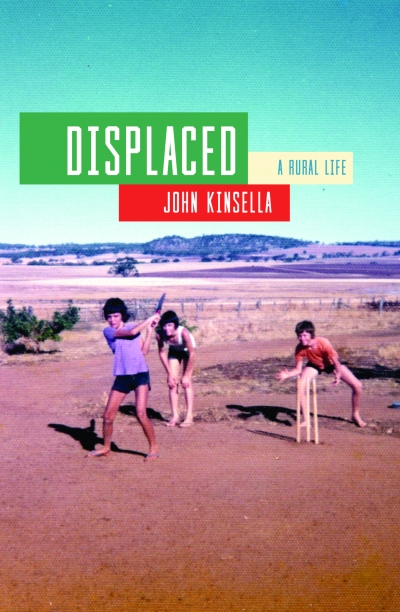Transit Lounge
The Burnished Sun (UQP, $29.99 pb, 288 pp) by Mirandi Riwoe, Danged Black Thing (Transit Lounge, $29.99 pb, 240 pp) by Eugen Bacon, and Sadvertising (Vintage, $32.99 pb, 298 pp) by Ennis Ćehić are powerful, inventive, and self-assured short story collections that traverse fractured and contested ground through their often displaced and alienated narrators.
... (read more)Writers seeking publication are often advised to have an ‘elevator pitch’ ready. These succinct book-hooks are designed to jag a trapped publisher in the wink between a lift door closing and reopening. Has this insane tactic ever actually worked? No idea. But it’s fun to imagine the CEO of Big Sales Books, on their way up to another corner-office day of tallying cricket memoir profits, blindsided by three of the looniest elevator pitches imaginable. A novel narrated by Jackson Pollock’s Blue Poles! A faux political memoir about a prime minister and his shark vendetta! An academic satire cum historical mystery mashup told largely through the – wait, wait, wait! – footnotes of a PhD thesis! That CEO will probably take the stairs next time, but kudos to the independent publishers who saw the potential in these experimental works and their début authors. Whatever the path of weird Australian writing, long may it find its way to these pages.
... (read more)Mount Parnassus remains a proscribed destination for the moment, but Aidan Coleman’s Mount Sumptuous (Wakefield Press, $22.95 pb, 56 pp) provides an attractive local alternative. Following on from the poems of love and recovery in Asymmetry (2012), this collection marks the poet’s reawakened appetite for the sublimities and subterfuges of suburban Australia, from cricket pitches ‘lit like billiard tables’ and Blue Light Discos to the flammable wares of Best & Less and the implacable red brick of ‘all-meat / towns’. As these poems and their pseudo-pedagogical endnotes show, Coleman is a keen philologist of the language of commerce. The title’s ‘sumptuous’ (from the Latin sumptus for ‘expense’) keys us in to the vital ambivalence of a poetry, which on the one hand honours the rituals of everyday consumption (‘lounging / book in hand, Tim Tams / … tea a given’), and on the other speaks to the exploitative logic of consumer capitalism (‘Take the juiceless fruits / of day labour and a white / goods salesman’s leaden chicanery’).
... (read more)
